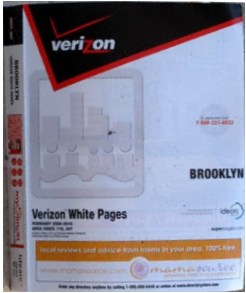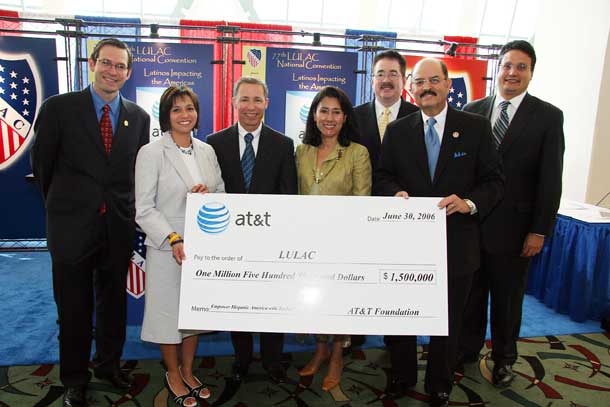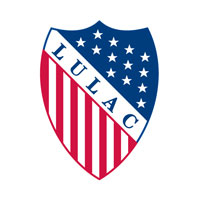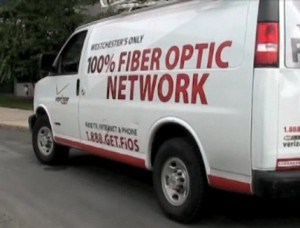Ever wonder why your cell phone bill seems to keep increasing when you renew your contract?
American wireless phone companies have discovered that subjecting an increasing percentage of customers to required data plans can create a revenue bonanza for companies, whether customers use many data services or not.
Many customers are just learning of new, mandatory data plans now required by all four of the country’s major carriers. Verizon, AT&T, Sprint, and T-Mobile now compel customers upgrading to new “smartphones” — designed to be used for accessing online services — to also choose an extra add-on plan to cover their data usage. In some cases, that can add an additional $30 a month to monthly cell phone bills.
Some Verizon customers have learned about this the hard way when they tried to buy a new phone at the end of their two year contracts. For those longstanding Verizon customers grandfathered on service plans developed five or more years ago, being forced to switch to one of Verizon’s current plans carries quite the sticker shock, especially for those who only occasionally send text messages or use data features.
The insistence by Verizon that Smartphone owners commit to their $29.99 unlimited data usage add-on plan adds considerably to monthly bills. Many Verizon customers don’t care about increasing sizes of calling allowances — Verizon customers already enjoy free night and weekend calling and free calls to other Verizon Wireless customers (of which there are many — Verizon is now the nation’s largest wireless provider).
Here is a comparison between two near-equivalent Verizon Wireless calling plans, ones from 2005 and the other currently in effect. There is a dramatic difference in pricing, particularly for those who would find a 250 text message allowance, and data usage counting against your minutes allowance more than sufficient to meet their needs:
AMERICA’S CHOICE II FAMILYSHARE PLAN (2005)
Plan Details
| Includes Two Lines | |
| Monthly Price: | $60.00 |
| Monthly allowance minutes: | 700 general |
| Per minute rate after allowance: | $0.45 peak , $0.45 off-peak |
Promotion details
UNLIMITED N&W MINUTES, UNLIMITED VERIZON-TO-VERIZON CUSTOMER CALLING, MOBILE WEB – WEB USAGE COUNTS AGAINST MINUTE ALLOWANCE
Additional features
250 MESSAGE TEXT PLAN, INCLUDING TEXT AND VIDEO ($5 PER MONTH)
NATIONWIDE FAMILY TALK & TEXT SHAREPLAN (2010)
Plan Details
| Includes Two Lines | |
| Monthly Price: | $99.99 |
| Monthly allowance minutes: | 700 general |
| Per minute rate after allowance: | $0.45 peak , $0.45 off-peak |
Promotion details
UNLIMITED N&W MINUTES, UNLIMITED VERIZON-TO-VERIZON CUSTOMER CALLING, UNLIMITED TEXT, PICTURE, AND VIDEO MESSAGING
Additional Features
REQUIRED UNLIMITED DATA PLAN (SMARTPHONE) ($29.99 PER MONTH)
Before taxes, fees, and surcharges, Verizon Wireless customers holding onto their legacy FamilyShare plan from 2005 would pay $65.00 per month for two lines sharing 700 minutes of calling, with one line also getting 250 text, picture, or video messages, and a data plan that ate from your minutes allowance, instead of charging you per megabyte.
Today’s plan costs far more — $129.98 — more than double, for most of the same features. The only difference is that Verizon Wireless doesn’t presently limit your data usage or messaging on their SharePlan.
No wonder consumers are getting sticker shock when upgrading their phones. The paradigm shift to a “required data plan” forces customers away from older service plans onto new ones. The result is a much higher monthly bill.
All this and the same companies that have figured out how to effectively double your cell phone bill in five years are also contemplating taking away the “unlimited” part of the required data plan.
[flv width=”640″ height=”500″]http://www.phillipdampier.com/video/WTTG Washington Is It Legal to Require A Phone Data Plan 5-7-10.flv[/flv]
WTTG-TV’s “Ask Allison” feature recently answered a question from a viewer who just discovered the “mandatory data plan” as an unwelcome part of her new phone purchase. The Washington, D.C. viewer wants to know if that’s legal. Allison educates viewers in the nation’s capital that isn’t the only trick or trap cell phone companies have in store for you. Bottom line: maybe you don’t want that new phone after all. (3 minutes)


 Subscribe
Subscribe








